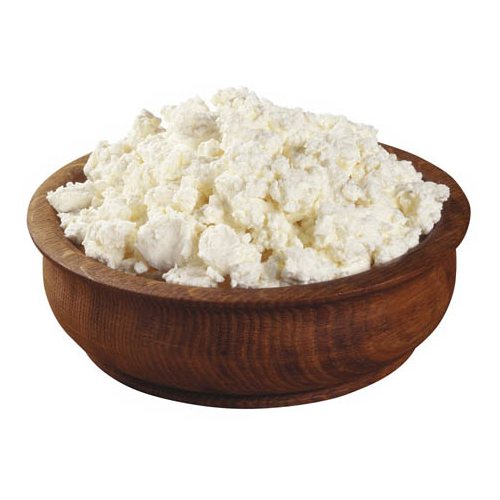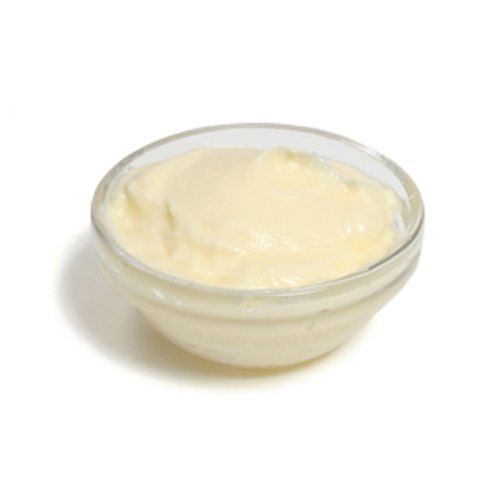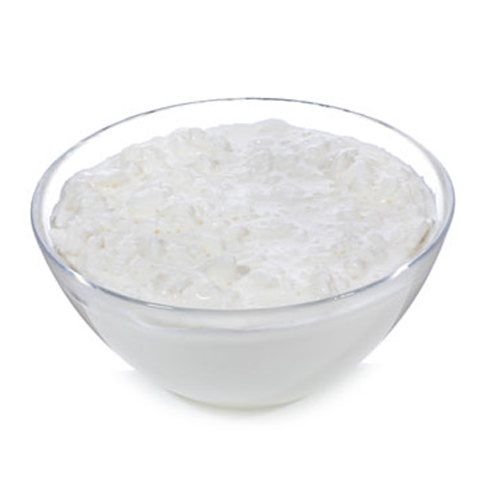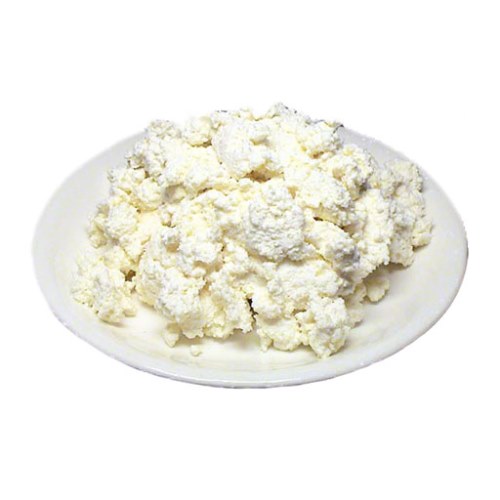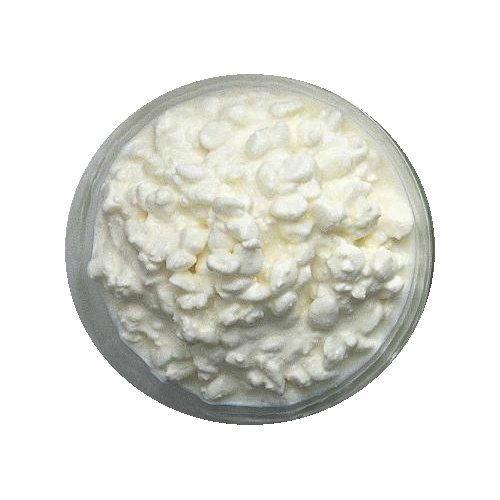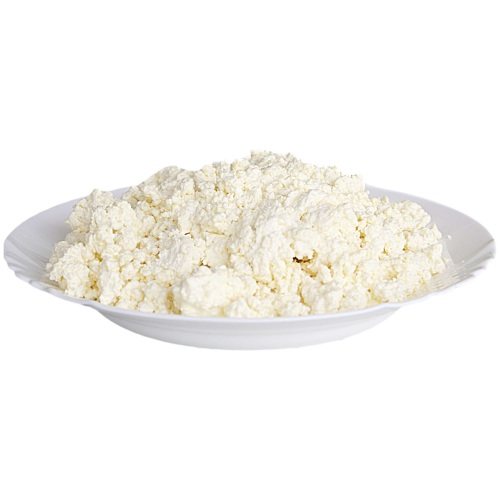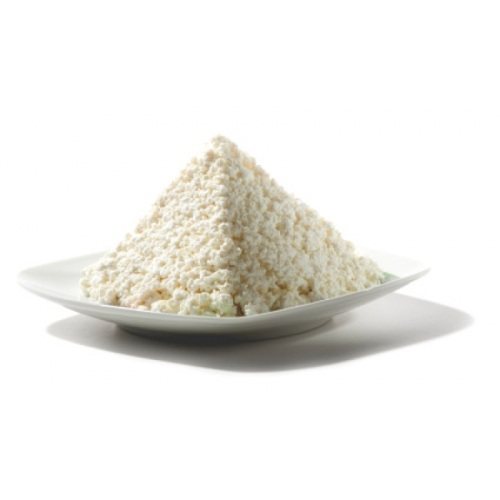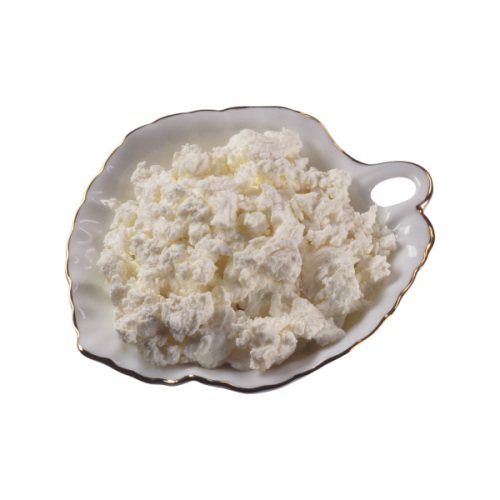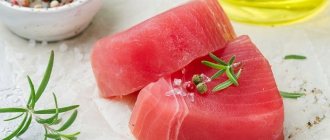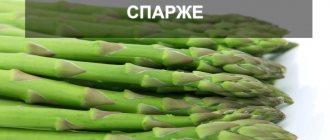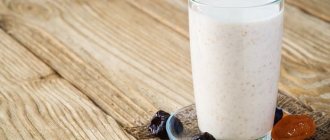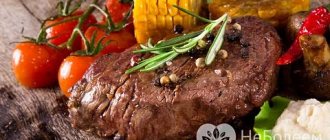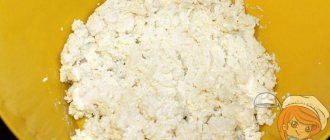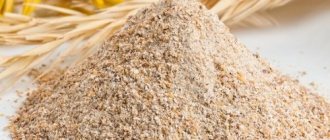Cottage cheese is a unique dietary product. Due to its high content of calcium and milk protein, it is ideal for feeding children and athletes, pregnant women and nursing mothers, people with reduced immunity, and anyone who is watching their figure.
How many calories are in cottage cheese? To this far from idle question for people losing weight, nutritionists answer that its calorie content depends on the fat content, on various additives, preservatives and other components of the product. Homemade, or rustic, is the most nutritious “young cheese”. It contains from 18 to 40 percent fat, its calorie content is the highest. It can reach 260-290 kcal. While its low-fat “relative” provides the body with only 55-110 kcal.
What else is cottage cheese good for?
In addition to calcium, this product is rich in a whole set of 12 vitamins: C, H, group B (B1, B2, B3, B5, B6, B9, B12), sulfur, phosphorus, potassium, magnesium, iron, zinc, selenium and other vital elements. It contains lactose, or milk sugar, and casein, a highly nutritious protein that, in its value, can easily replace animal protein. It is necessary to take into account that the fatter the cottage cheese, the less protein it contains. With 150 g of low-fat cottage cheese, you can nourish the body with 25 g of high-quality protein and 18-20% of the daily calcium requirement. The amino acids that cottage cheese is rich in strengthen the liver, and enzymes stimulate the digestion process.
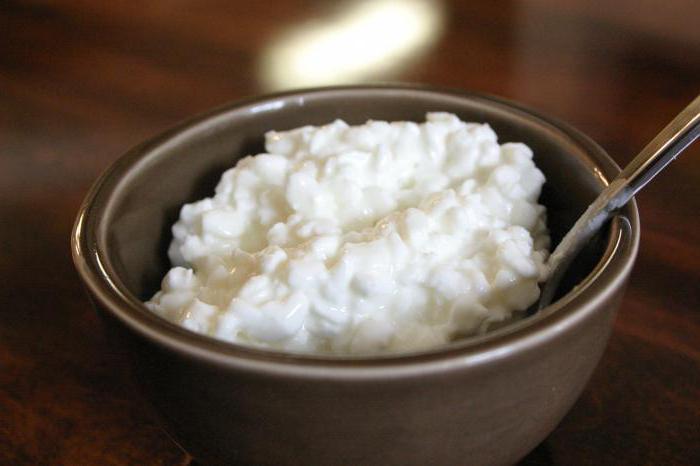
Cottage cheese promotes hemoglobin synthesis and also improves the functioning of the nervous system. If you add berries or fruits, low-fat sour cream or honey to a fermented milk product, you will get an excellent breakfast that energizes a person.
Nutritionists recommend low-fat cottage cheese even for an evening meal, since casein helps not to feel hungry for several hours after eating it. Therefore, many people who are losing weight want to know how many calories are in low-fat cottage cheese. This is very important for people on a diet. Calculating the energy value of the daily diet helps them stay within their daily caloric intake.
The benefits and harms of cottage cheese
Moderate consumption of cottage cheese has a positive effect on the functioning of the heart and nervous system. This product is indicated for allergies, diseases of the lungs and gastrointestinal tract.
If you have kidney problems (for example, chronic pyelonephritis), you should not eat cottage cheese often. It should also be noted that fatty cottage cheese increases blood cholesterol and weight gain.
| Product | Kcal | Proteins, g | Fats, g | Angle, g | |
| Bold cottage cheese 9.0% fat | 169 | 18 | 9 | 3 | |
| Low-fat cottage cheese 0.6% | 110 | 22 | 0,6 | 3,3 | |
| Soft dietary cottage cheese, fruit and berry low-fat | 138 | 18,2 | 0,5 | 14 | |
| Soft dietary cottage cheese, fruit and berry, 4.0% fat | 164 | 17,3 | 4 | 13,7 | |
| Soft dietary cottage cheese, low-fat 0.6 | 110 | 22 | 0,6 | 3,3 | |
| Soft dietary cottage cheese 4.0% fat | 136 | 21 | 4 | 3 | |
| Soft dietary cottage cheese 11.0% fat | 178 | 16 | 11 | 3 | |
| Fat cottage cheese 18.0% fat content | 236 | 15 | 18 | 2,8 | |
| Cottage cheese “Stolovy” 2.0% fat | 114 | 20 | 2 | 3 | |
| Sweet curd mass “Special” with raisins, 23.0% fat content | 345 | 7,1 | 23 | 27,1 | |
| Sweet curd mass “Moskovskaya”, with vanillin 20.0% fat content | 287 | 11,5 | 20 | 14,5 | |
| Curd mass | 232,1 | 12 | 16,5 | 9,5 | |
| Curd balls | 316,3 | 13,6 | 26,4 | 6,5 | |
| Curd mass with raisins | 343 | 6,8 | 21,6 | 29,9 | |
| Cottage cheese Tofu | 73 | 8,1 | 4,2 | 0,6 | |
| Cottage cheese Homemade cheese | 100 | 14 | 4 | 2 | |
| Cottage cheese House in the village 0.1% | 55 | 10 | 0,1 | 3,5 | |
| Goat cottage cheese | 156 | 16,7 | 9 | 1,3 |
| Curd cream | 167 | 11 | 0 | 19,2 |
| Cottage cheese quark | 46 | 6,9 | 0 | 4,4 |
| Curd | 232,1 | 12 | 16,5 | 9,5 |
| Cottage cheese, grained | 155,3 | 16,7 | 3 | 2 |
| Low-fat cottage cheese | 110 | 22 | 0,6 | 3,3 |
| Cottage cheese semi-fat | 169 | 18 | 9 | 3 |
| Fat cottage cheese | 236 | 15 | 18 | 2,8 |
| Cottage cheese with fruits | 97 | 10,69 | 3,85 | 4,61 | |
| Cottage cheese (Completely Low Fat) | 85 | 17,27 | 0,42 | 1,85 | |
| Cottage cheese (with 2% Skim Milk) | 90 | 13,74 | 1,93 | 3,63 | |
| Cottage cheese (with 1% Skim Milk) | 72 | 12,39 | 1,02 | 2,72 | |
| Cottage cheese | 103 | 12,49 | 4,51 | 2,68 |
Types of cottage cheese
The main indicator that influences the classification and calorie content of cottage cheese is its fat content. There are 3 varieties of this product: fat (at least 18-23 percent), semi-fat - at least 5-9%, and low-fat, or “zero” - cottage cheese with a minimum amount of fat not exceeding the threshold of 0.1-1 ,8%. The most common fermented milk product is considered to be semi-fat cottage cheese (9%) with a calorie content of 165 kcal per 100 g of product. To feed people following a low-calorie menu, doctors recommend choosing a fermented milk product with a fat content of no more than 5% (142 kcal). Any buyer can get information about how many calories are in 100 g of cottage cheese only by carefully studying the product packaging.
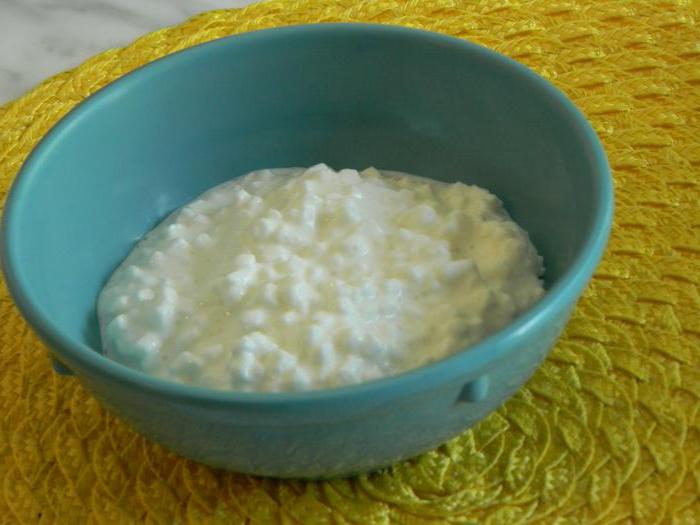
Any fatty, homemade or grainy cottage cheese is not suitable for feeding people who are losing weight. If five percent grain cottage cheese is produced with a calorie content of 105 kcal per 100 g of product, then grain cottage cheese with cream (9%) has 155 kcal for the same amount of edible part.
Calorie content Cottage cheese. Chemical composition and nutritional value.
Nutritional value and chemical composition of “Cottage cheese”.
The table shows the nutritional content (calories, proteins, fats, carbohydrates, vitamins and minerals) per 100 grams of edible portion.
| Nutrient | Quantity | Norm** | % of the norm in 100 g | % of the norm in 100 kcal | 100% normal |
| Calorie content | 121 kcal | 1684 kcal | 7.2% | 6% | 1392 g |
| Squirrels | 16 g | 76 g | 21.1% | 17.4% | 475 g |
| Fats | 5 g | 56 g | 8.9% | 7.4% | 1120 g |
| Carbohydrates | 3 g | 219 g | 1.4% | 1.2% | 7300 g |
| Organic acids | 1.2 g | ~ | |||
| Water | 68.6 g | 2273 g | 3% | 2.5% | 3313 g |
| Ash | 1.2 g | ~ | |||
| Vitamins | |||||
| Vitamin A, RE | 33 mcg | 900 mcg | 3.7% | 3.1% | 2727 g |
| Retinol | 0.03 mg | ~ | |||
| beta carotene | 0.02 mg | 5 mg | 0.4% | 0.3% | 25000 g |
| Vitamin B1, thiamine | 0.04 mg | 1.5 mg | 2.7% | 2.2% | 3750 g |
| Vitamin B2, riboflavin | 0.26 mg | 1.8 mg | 14.4% | 11.9% | 692 g |
| Vitamin B4, choline | 43 mg | 500 mg | 8.6% | 7.1% | 1163 g |
| Vitamin B5, pantothenic | 0.21 mg | 5 mg | 4.2% | 3.5% | 2381 g |
| Vitamin B6, pyridoxine | 0.19 mg | 2 mg | 9.5% | 7.9% | 1053 g |
| Vitamin B9, folates | 40 mcg | 400 mcg | 10% | 8.3% | 1000 g |
| Vitamin B12, cobalamin | 1.32 mcg | 3 mcg | 44% | 36.4% | 227 g |
| Vitamin C, ascorbic acid | 0.5 mg | 90 mg | 0.6% | 0.5% | 18000 g |
| Vitamin D, calciferol | 0.03 mcg | 10 mcg | 0.3% | 0.2% | 33333 g |
| Vitamin E, alpha tocopherol, TE | 0.1 mg | 15 mg | 0.7% | 0.6% | 15000 g |
| Vitamin H, biotin | 7.6 mcg | 50 mcg | 15.2% | 12.6% | 658 g |
| Vitamin RR, NE | 3.9 mg | 20 mg | 19.5% | 16.1% | 513 g |
| Niacin | 0.4 mg | ~ | |||
| Macronutrients | |||||
| Potassium, K | 112 mg | 2500 mg | 4.5% | 3.7% | 2232 g |
| Calcium, Ca | 164 mg | 1000 mg | 16.4% | 13.6% | 610 g |
| Magnesium, Mg | 23 mg | 400 mg | 5.8% | 4.8% | 1739 |
| Sodium, Na | 41 mg | 1300 mg | 3.2% | 2.6% | 3171 g |
| Sera, S | 210 mg | 1000 mg | 21% | 17.4% | 476 g |
| Phosphorus, P | 220 mg | 800 mg | 27.5% | 22.7% | 364 g |
| Chlorine, Cl | 115 mg | 2300 mg | 5% | 4.1% | 2000 g |
| Microelements | |||||
| Aluminium, Al | 50 mcg | ~ | |||
| Iron, Fe | 0.4 mg | 18 mg | 2.2% | 1.8% | 4500 g |
| Yod, I | 9 mcg | 150 mcg | 6% | 5% | 1667 g |
| Cobalt, Co | 2 mcg | 10 mcg | 20% | 16.5% | 500 g |
| Manganese, Mn | 0.008 mg | 2 mg | 0.4% | 0.3% | 25000 g |
| Copper, Cu | 60 mcg | 1000 mcg | 6% | 5% | 1667 g |
| Molybdenum, Mo | 7.7 mcg | 70 mcg | 11% | 9.1% | 909 g |
| Tin, Sn | 13 mcg | ~ | |||
| Selenium, Se | 30 mcg | 55 mcg | 54.5% | 45% | 183 g |
| Strontium, Sr | 17 mcg | ~ | |||
| Fluorine, F | 32 mcg | 4000 mcg | 0.8% | 0.7% | 12500 g |
| Chromium, Cr | 2 mcg | 50 mcg | 4% | 3.3% | 2500 g |
| Zinc, Zn | 0.364 mg | 12 mg | 3% | 2.5% | 3297 g |
| Digestible carbohydrates | |||||
| Mono- and disaccharides (sugars) | 3 g | max 100 g | |||
| Sterols (sterols) | |||||
| Cholesterol | 15 mg | max 300 mg | |||
| Saturated fatty acids | |||||
| Saturated fatty acids | 2.9 g | max 18.7 g | |||
| Monounsaturated fatty acids | 1.465 g | min 16.8 g | 8.7% | 7.2% | |
| Polyunsaturated fatty acids | 0.285 g | from 11.2 to 20.6 g | 2.5% | 2.1% | |
| Omega-3 fatty acids | 0.042 g | from 0.9 to 3.7 g | 4.7% | 3.9% | |
| Omega-6 fatty acids | 0.244 g | from 4.7 to 16.8 g | 5.2% | 4.3% |
The energy value of cottage cheese is 121 kcal.
Primary Source: Created in the application by the user. Read more.
** This table shows the average levels of vitamins and minerals for an adult. If you want to know the norms taking into account your gender, age and other factors, then use the “My Healthy Diet” application.
Everyone who is losing weight is interested in the question of how many calories are in low-fat cottage cheese
It is impossible to completely free “zero” cottage cheese from its most high-calorie component – fat. Nutritionists also object to this process because it may affect the digestibility of many elements of the product. Proponents of consuming fattier varieties of “young cheese” explain their preference precisely by their better digestibility and greater benefits. However, those who care about how many calories are in cottage cheese need to choose low-fat varieties. Typically, the energy value of “zero” cottage cheese ranges from 55-88 to 110 kcal per 100 g of product.
Harm
Cottage cheese is a fairly versatile product that has a number of benefits, especially for people who are lactose intolerant. Although the product helps reduce weight, regular use may lead to weight gain. It can also be quite a heavy product for people with gastrointestinal diseases and a tendency to constipation.
In people suffering from arthritis, intensive consumption of cottage cheese can trigger the development of joint pain. The sodium content in 100 grams of fermented milk product is 40% of the body's daily requirement for this microelement, which plays an important role in maintaining optimal water-salt balance in cells.
With excess sodium, some negative aspects may appear in the form of:
- water retention;
- swelling;
- swelling;
- weight gain.
Such side effects may be temporary, but with frequent cottage cheese diets, when the product becomes the main source of nutrition and excessive amounts of sodium enter the body, quite complex problems can develop.
Namely:
- high blood pressure;
- kidney dysfunction;
- heart failure;
- risks of heart attack and stroke.
Cottage cheese does not contain fiber. The recommended daily intake of dietary fiber is 25 grams for women aged 19 to 50 years and 40 grams for men aged 19 to 55 years. Lack of fiber negatively affects the functioning of the gastrointestinal tract and can lead to the development of constipation, diabetes, vascular atherosclerosis and other undesirable consequences.
Important: such problems can only arise with systematic consumption of cottage cheese, without adding additional foods to the diet. The recommended daily dose of the product should not exceed 250 grams.
How many calories are in homemade cottage cheese: fatty or diet?
The energy value of homemade cottage cheese depends on the method of its preparation. If the product is made from fat milk, then its calorie content can reach 245 or even 290 kcal per 100 g of product.
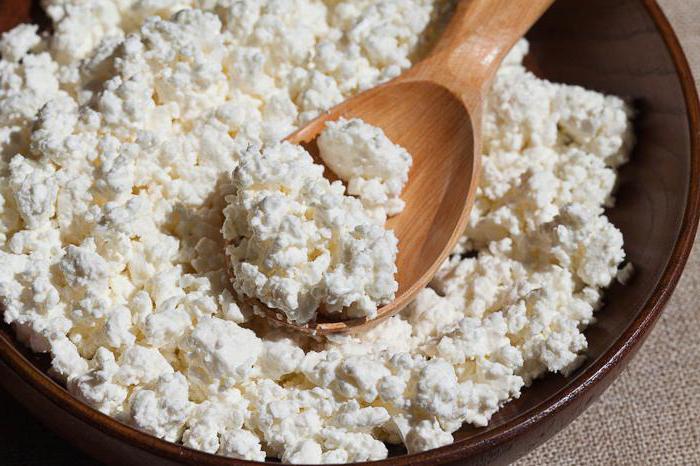
If farmers prepare low-fat cottage cheese, reducing the calorie content of milk during production, then the resulting product may contain only 145 kcal. How many calories are in homemade cottage cheese made from one percent milk? Approximately 166. At the same time, it contains 18 g of protein, 6 g of fat and 11 g of carbohydrates. These parameters correspond to the semi-fat 9% product in the store, which differs only in the carbohydrate content - 2 g.
What factors influence the calorie content of cottage cheese?
Cottage cheese is a fermented milk product obtained by fermenting milk and removing the whey. It is customary to classify cottage cheese prepared using traditional technology into low-fat (up to 1.8% fat content), classic (4-18%) and full-fat (19-23%). Each percentage of fat greatly increases the energy value of the product. After all, one gram of fat contains 9 kilocalories.
The calorie content of low-fat cottage cheese, accordingly, will be the lowest of the entire line of these products. The calorie content of cottage cheese with 5% fat content is lower than the calorie content of cottage cheese with 9% fat content. The fattest varieties contain about 23% fat and maximum calories. In some cases, during production, starch or other carbohydrates are added to a natural fermented milk product, which also affects its calorie content.
Sugar especially increases the energy value. Sweet curds will clearly not be considered a dietary product. If butter, dried fruits, and sugar are added to cottage cheese, the result is a special curd product that should not be consumed by those who are trying to lose weight. Such products are called curd mass or cheese curds.
The calorie content of homemade cottage cheese, made independently from village milk, depends on many factors. The breed and age of the cow, the time of year and the feed used - all this affects the calorie content of the cottage cheese. To make homemade cottage cheese less fatty, it should be made from skim milk, that is, by first removing the cream.
Favorite dish: cottage cheese pancakes. How many calories?
Everyone who enjoys this delicious, nutritious dish wants to know how many calories are in cottage cheese pancakes. Should I give up such a treat while on a diet? Nutritionists advise anyone who adheres to a low-calorie diet not to get carried away with this fairly high-calorie food. The content of sugar, wheat flour, and butter can significantly increase the energy value of cheesecakes.
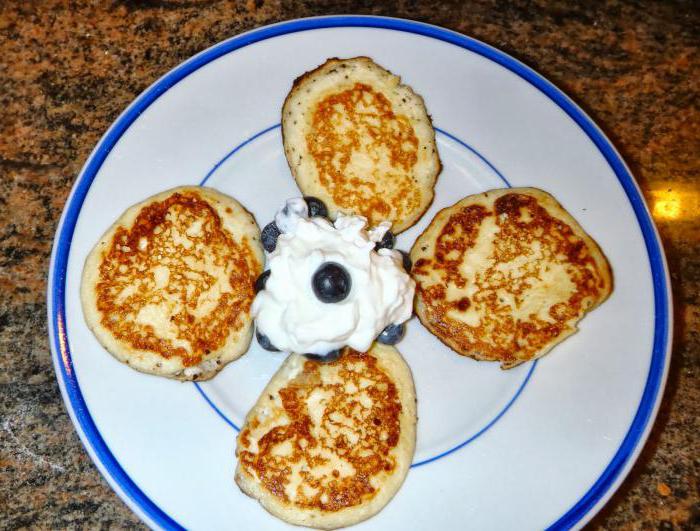
A morning “feast” of 2-3 favorite cottage cheese pancakes can cover more than 50% of your daily calorie intake! In order to reduce the nutritional value of this delicacy, experienced housewives choose ground oatmeal instead of white flour, remove sugar from the recipe or reduce the sweetness of the dish, add fresh berries, apples or pears, and a little vanillin instead of dried fruits (prunes or raisins). How many calories are in cottage cheese pancakes prepared this way? According to nutritionists, these changes in the recipe can reduce the calorie content of delicious cheesecakes from 300 kcal to 220 or even 180 kcal per 100 g of finished dish. If instead of frying with butter for low-fat cottage cheese cheesecakes, you use the oven baking method, you can achieve a noticeable reduction in energy value to 92 kcal per 100 g!
Curd breakfast with sour cream - a high-calorie blow to the waist?
The method of preparing a dietary breakfast of cottage cheese with sour cream has a significant impact on its energy value. How many calories are in cottage cheese with sour cream - one of the most favorite morning breakfasts for children and many of those who watch their weight? To calculate the calorie content of a practical, tasty and healthy breakfast, it is necessary to take into account the fat content of the sour cream used: 10-15% product contains 100-110 kilocalories, and 35% sour cream – 350-375 kcal!
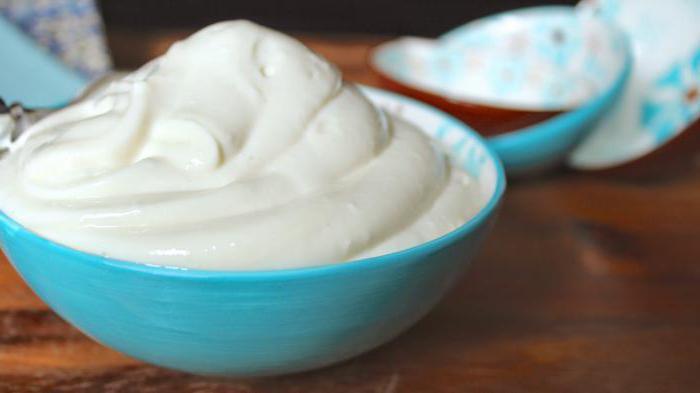
You also need to pay attention to how many calories are in the cottage cheese that you will combine with sour cream: low-fat (55-110 kcal) or semi-fat 5% product (145-155 kcal). In addition, by using fillers - nuts, dried fruits, honey, jam or sugar, the cook significantly increases the calorie content of the finished dish. If low-fat cottage cheese with 10-15% sour cream for breakfast can provide 250-270 kcal, then a full-fledged dessert with nuts, honey and dried fruits can cover a third of the daily amount of required calories.
Benefit
Cottage cheese (calorie content per 100 grams of fermented product, satisfies the body's daily need for most nutrients) is known for its unique properties and benefits.
In addition to the fact that adding cottage cheese to various dishes improves their taste, the lactic acid product has a number of benefits for human health:
- Improves digestion, has the ability to maintain an optimal balance of stomach acidity levels. Adding cottage cheese to your diet helps digest other foods, making it easier for the whole body to absorb food.
- Promotes weight loss; the calcium contained in cottage cheese limits the production of cortisol, which can provoke an increase in body fat.
- Cottage cheese is an excellent source of phosphorus and calcium, which helps strengthen the structure of teeth and bones. This is the most reliable source of meeting the body's calcium needs. Regular consumption of cottage cheese protects against diseases such as osteoporosis, arthritis, and reduces the likelihood of bone fractures and tooth decay.
- Due to the presence of live probiotic cultures in the product, it improves digestion processes and accelerates metabolism in the body, thereby helping to improve immunity.
- Systematic consumption of cottage cheese improves mental activity, concentration, and also increases the tone and physical activity of the body.
- The protein contained in cottage cheese is quickly absorbed and promotes the regeneration of muscle fibers, so cottage cheese is recommended for all athletes. Unlike protein meat and legumes, eating cottage cheese does not cause gas or heartburn.
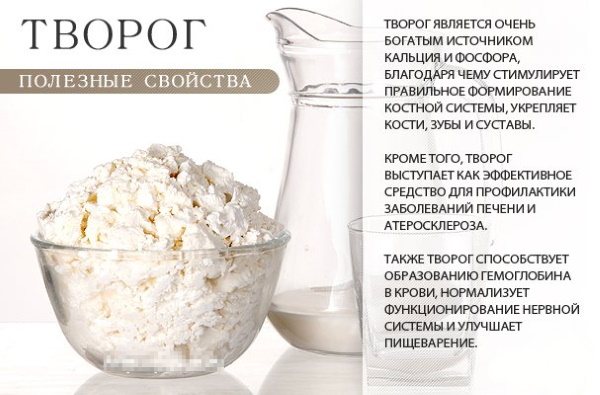
- The amino acids contained in the fermented milk product, in combination with the group of B vitamins, have a beneficial effect on the central nervous system. B vitamins normalize metabolism. Vitamin B12 improves brain efficiency and helps the body absorb iron. Riboflavin converts carbohydrates into energy.
- Dairy products, especially cottage cheese, are rich in protein, calcium and vitamin D, so their regular consumption is beneficial for women's health, in particular for stabilizing hormone levels.
- Cottage cheese has restorative and healing properties; it is indicated for ulcers and gastritis, and for diseases of the endocrine system.
- Cottage cheese with a low calorie content of up to 5% per 100 grams should be consumed by children from six months and pregnant women to compensate for the lack of calcium in the body.
- Cottage cheese is good for older people, as it has the special property of strengthening joints and preventing dementia.
- Lightly salted cottage cheese helps lower blood pressure. The high content of methionine in the product helps reduce cholesterol levels in the blood. Due to this, blood circulation in the vessels improves and the risks of developing cardiovascular diseases are minimized.
- Magnesium in cottage cheese maintains normal blood sugar levels. This is a useful product for people suffering from type II diabetes, as it helps the body fight the disease and minimize its negative impact.
- The invaluable composition of cottage cheese is simply necessary for the female body. The minerals it contains, vitamin E and zinc, have a beneficial effect on the skin, nails and hair. Along with including cottage cheese in the menu, the animal product is often used as a homemade skin care product. Cottage cheese face masks make the skin soft, velvety and radiant.
- It is well suited for diets, since, despite the calorie content, the product quickly saturates the body and retains this feeling for a long time.
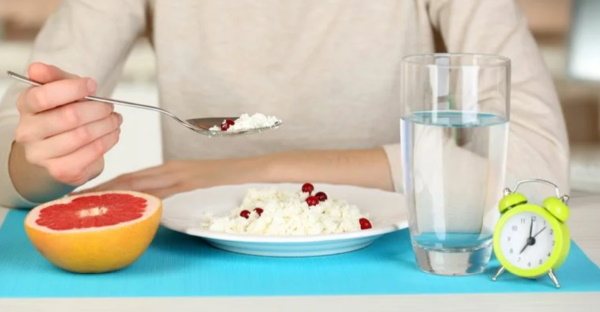
It is important to remember that only high quality and naturalness of the product is the main necessity for obtaining effective nutritional results. Interesting: Goat cheese contains much more calcium than its cow's milk counterpart.
Low-fat cottage cheese: pros and cons
Dishes with “zero” cottage cheese are the main companions of everyone who makes a firm decision to lose weight. Low-fat cottage cheese with reduced calorie content for breakfast can provide quick relief from extra pounds, but can lead to decreased performance, lethargy and apathy. If you use “zero” cottage cheese as a main dish, then you need to mix it with honey, berries or fruits. This way you can feel full and recharge your energy faster. At the same time, a full meal will speed up metabolism, which is very important when losing weight.
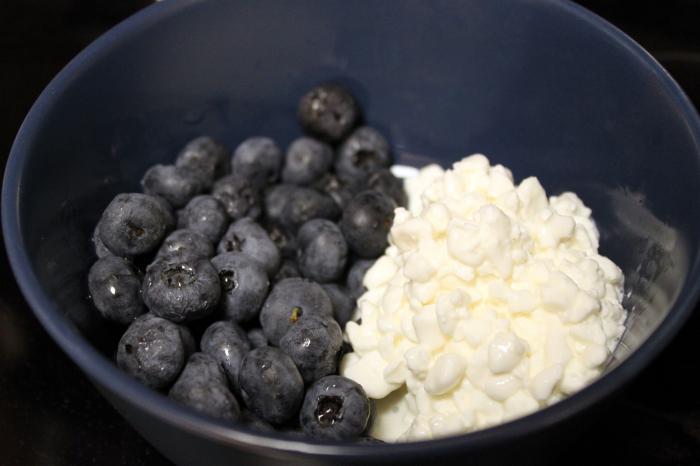
In addition, you should definitely include some meat or fish in your daily diet to compensate for the body's need for fat. This will give you strength and help with concentration. When purchasing your favorite fermented milk product, you need to pay attention not only to how many calories are in the cottage cheese, but also to the presence of additives in it. Various E (preservatives, antioxidants, stabilizers), flavorings and sweeteners make cottage cheese taste more pleasant, but significantly increase its calorie content and harm the body. It will be much healthier to mix low-fat cottage cheese with berries, fruits, honey or jam.
For many people losing weight, the question remains: “Is low-fat cottage cheese a nighttime snack?” The opinions of nutritionists on this matter are diametrically opposed. Some claim that casein protein will help block hunger throughout the night, while others advise using cottage cheese for breakfast or an afternoon snack, and in the evening satisfying hunger with an apple or kefir. The final decision whether to consume “zero” cottage cheese in the evening is made by dieters independently, in accordance with the results of weight loss and their well-being. A careful study of the composition of the product, its calorie content and production time will help you competently create your daily menu, as well as enjoy a tasty and incredibly healthy product!
How to determine the naturalness of cottage cheese at home
All of us, one way or another, are faced with the deception of a commodity producer, and this deception may consist in adding starch to the composition of the product (in order to increase the weight of the curd mass) and vegetable fats, thanks to which the production of goods becomes less financially costly for the manufacturer.
Both can have an extremely negative impact on our health. To minimize risks and not waste money, we offer you several simple ways to check the quality of cottage cheese at home.
Method number 1: check the cottage cheese for the presence of starch in it
It will not be difficult to identify starch in homemade cottage cheese. All that is needed to expose a shoddy product is a couple of drops of regular iodine.
You need to drop iodine onto a piece of curd mass, and then look at the result: if the iodine on the curd turns blue, then the product contains starch, but if iodine remains in its usual light yellow color, then the product does not contain starch.
Method No. 2: determine whether there are vegetable fats in the cottage cheese
If until now you did not know how to determine the naturalness of cottage cheese at home, then we are ready to share with you 3 simple methods that have worked flawlessly for many years.
Organoleptic method
The first thing you can do is try cottage cheese. If it contains vegetable fats that are undesirable for us, then an oily taste and a feeling of the presence of a “fatty film” will remain on the tongue.
Presence of vegetable fats
You can also check the product for the presence of vegetable fats using warm water. To do this, you will need to add 1 tsp to a glass of warm water. fresh cottage cheese, gently stir it and leave for a couple of minutes.
If during this time a yellowish film appears on the surface of the water, and the cottage cheese settles to the bottom, do not doubt that it contains fats.
Fat content of cottage cheese
You can determine the fat content of cottage cheese at home by simply waiting. You just need to take 1-2 tsp. purchased cottage cheese and leave it at room temperature for 8-10 hours (or just overnight).
- If the cottage cheese turns out to be natural, then after a long period of inactivity it will sour slightly, but will not change its color.
- If there are fats in the cottage cheese, then, on the contrary, it will change color (it will turn yellowish and a small crust will form on the surface), but will not change in taste.
Having checked the quality of the purchased product at home, in the future you will know for sure which product manufacturer you can trust and which you cannot. Also, do not forget when buying cottage cheese, if it is sold in packaging, to carefully study its composition, check whether it contains harmful vegetable fats, and always pay special attention to the expiration date of the product.
